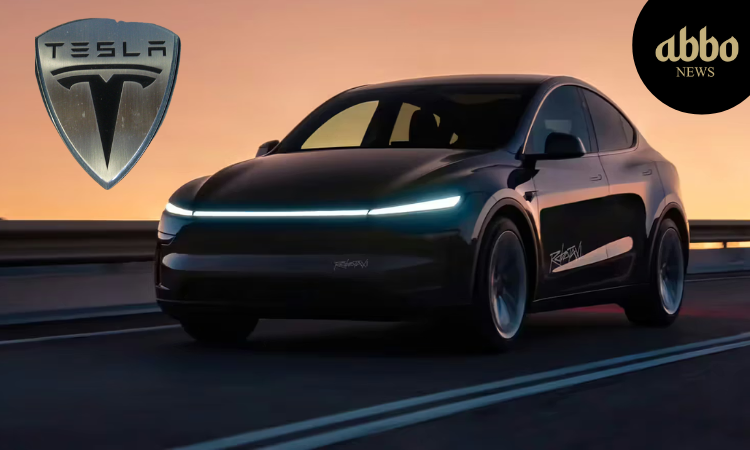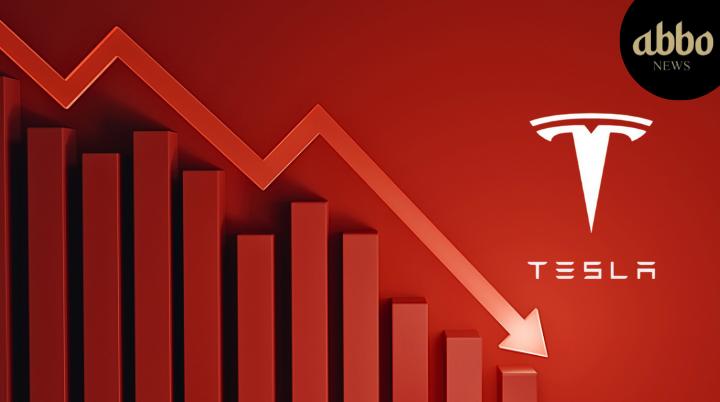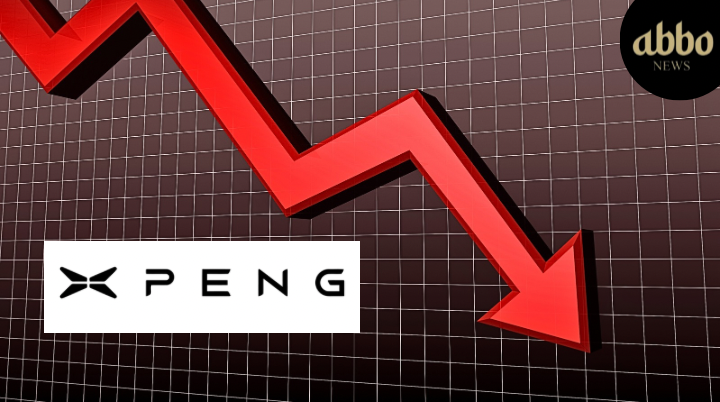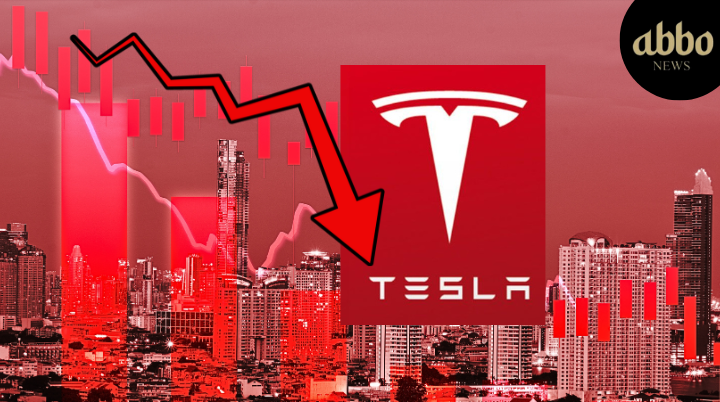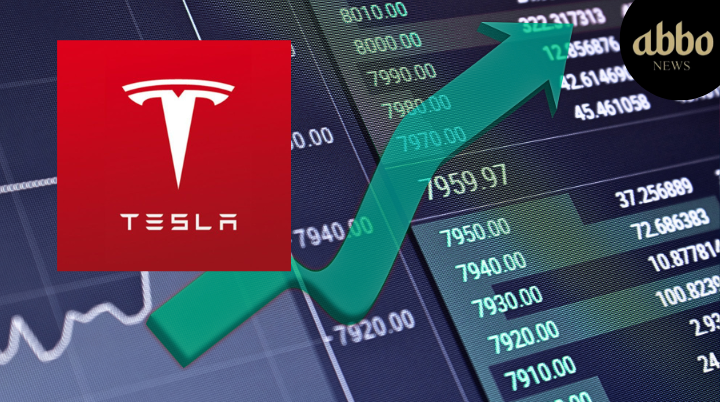STOCKHOLM – Import tariffs imposed by the European Union and the United States on China-made electric vehicles will harm European-based companies, the chief financial officer of Swedish EV maker Polestar (NASDAQ: PSNY) said on Thursday.
Steep tariffs recently imposed by the U.S., the European Union, and Canada on cars made in China have prompted many automakers to speed up plans to move parts of their production to other countries.
CFO Per Ansgar told analysts in a conference call related to its second-quarter report on Thursday that he had been in a meeting with the European Commission that day to discuss the tariffs.
He added that he did not think the Commission would protect European industry by imposing tariffs, which could hurt European companies that are investing in technology and creating jobs in Europe.
“Of course, it would be better for Polestar and the European industry if we would have less or no increases of the tariffs,” Ansgar said.
Polestar (NASDAQ: PSNY) manufactured cars exclusively in China up until this month, through factories owned by its co-founders China’s Geely and Volvo Cars, making it vulnerable to hefty tariffs.
In Europe, Polestar will receive a 19.3% tariff due to being part of Geely’s group, this is on top of the EU’s standard 10% duty on car imports, a measure the Commission says is aimed at leveling the playing field and countering what it says are unfair subsidies.
However, production of its Polestar 3 SUV started earlier this month in Volvo Cars’ South Carolina plant in the U.S. where it in time will supply both the U.S. and European markets.
Earlier this week, the company told Reuters following Canada’s tariff announcement that it was assessing the situation and expected its South Carolina production of Polestar 3 to be an important element. It did not elaborate when asked if a firm decision had been made if the U.S. factory would also supply Canada.
While its Polestar 2 will for now continue to be made only in China, the company plans on moving part of its production of Polestar 4 to South Korea, where production start-up is expected for Mid-2025 and will supply the U.S. market.
Discussions are however also underway according to Ansgar to also supply Europe through the plant in South Korea, which is run by Renault Korea Motors.
(Source: ReutersReuters)


